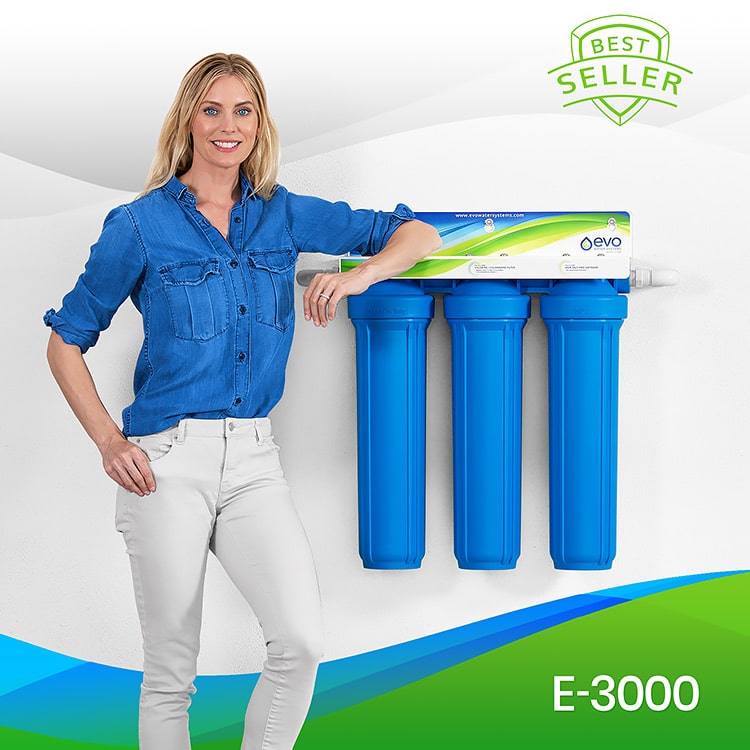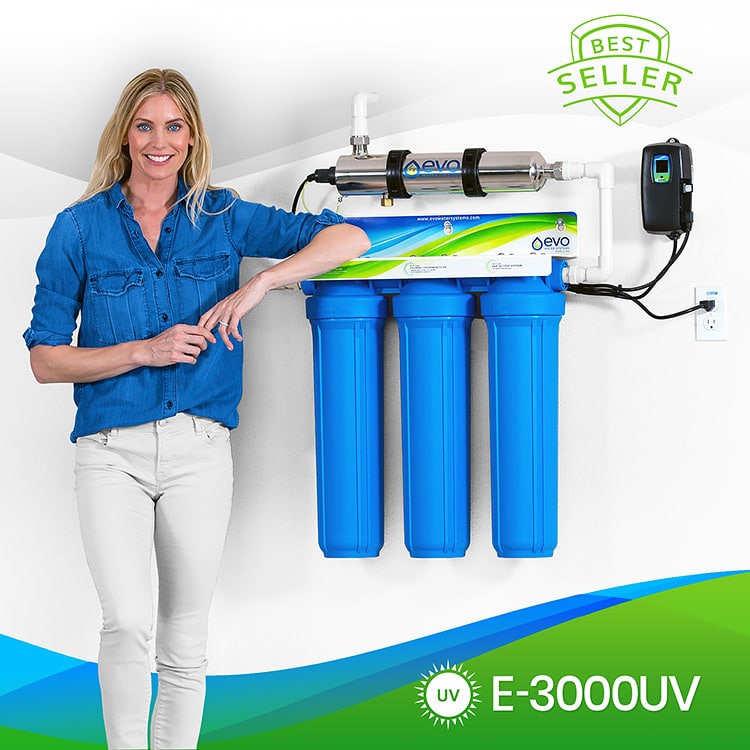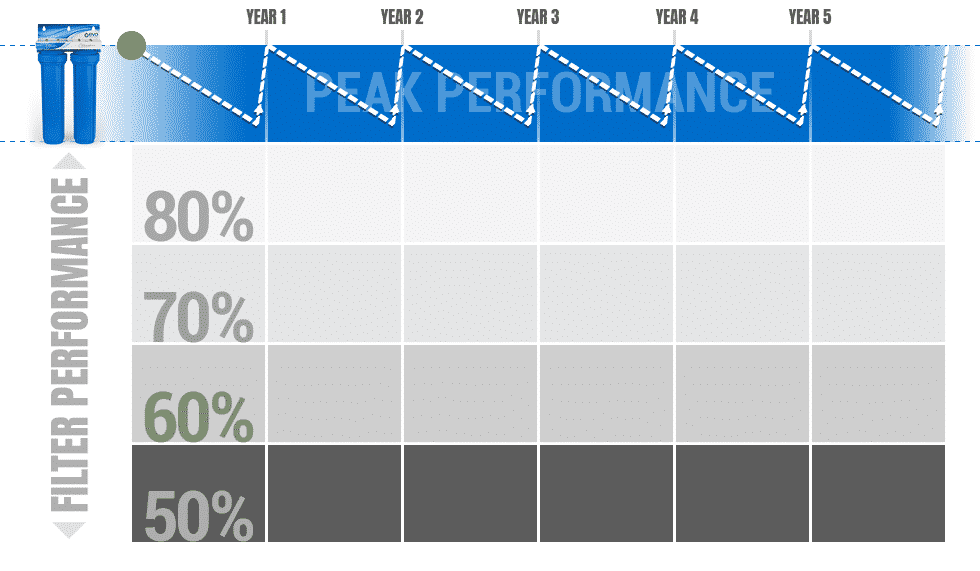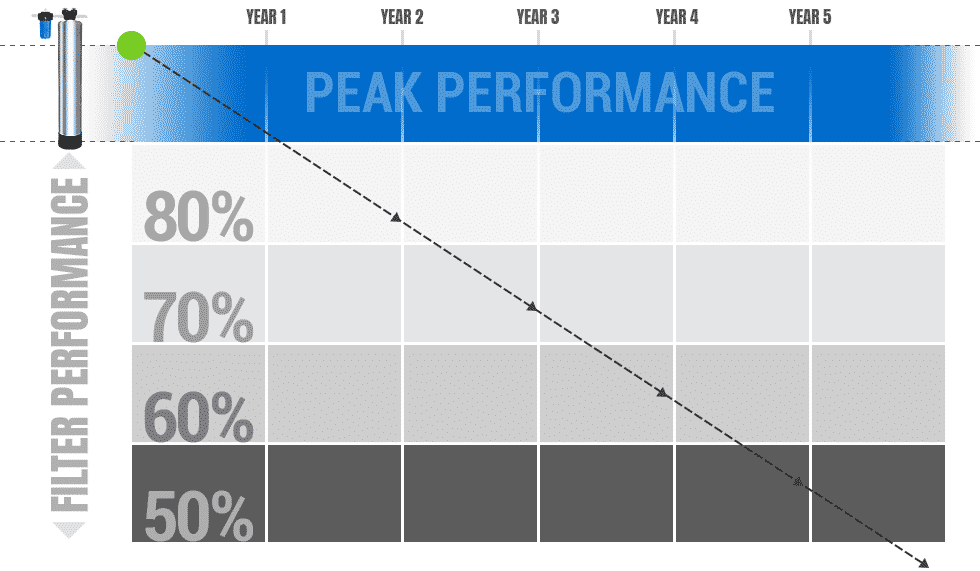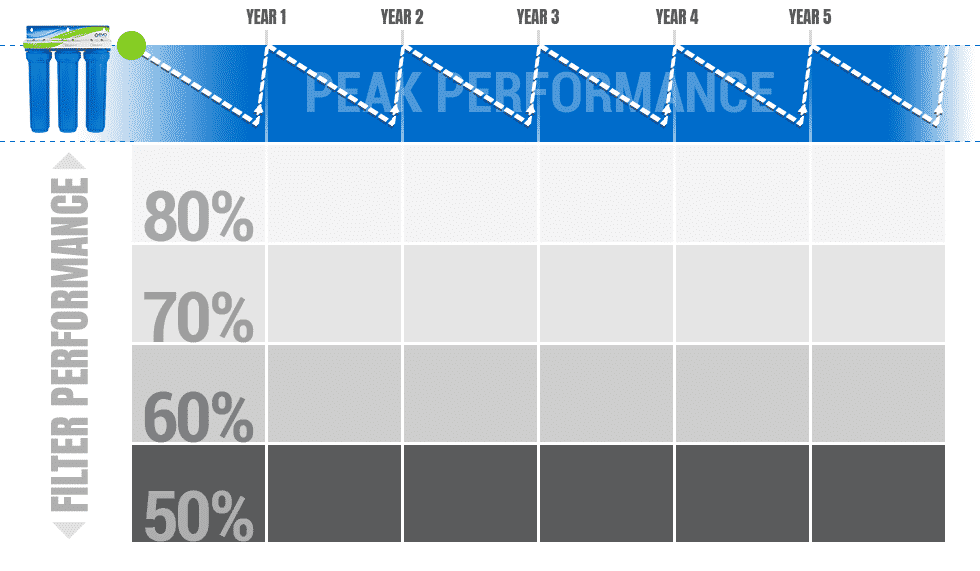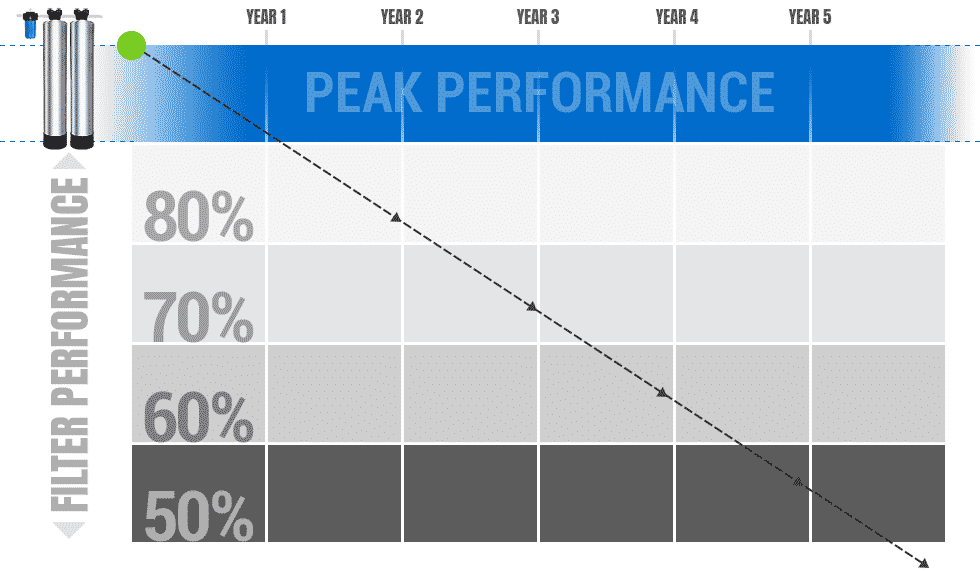Is Tap Water Safe for Pets?
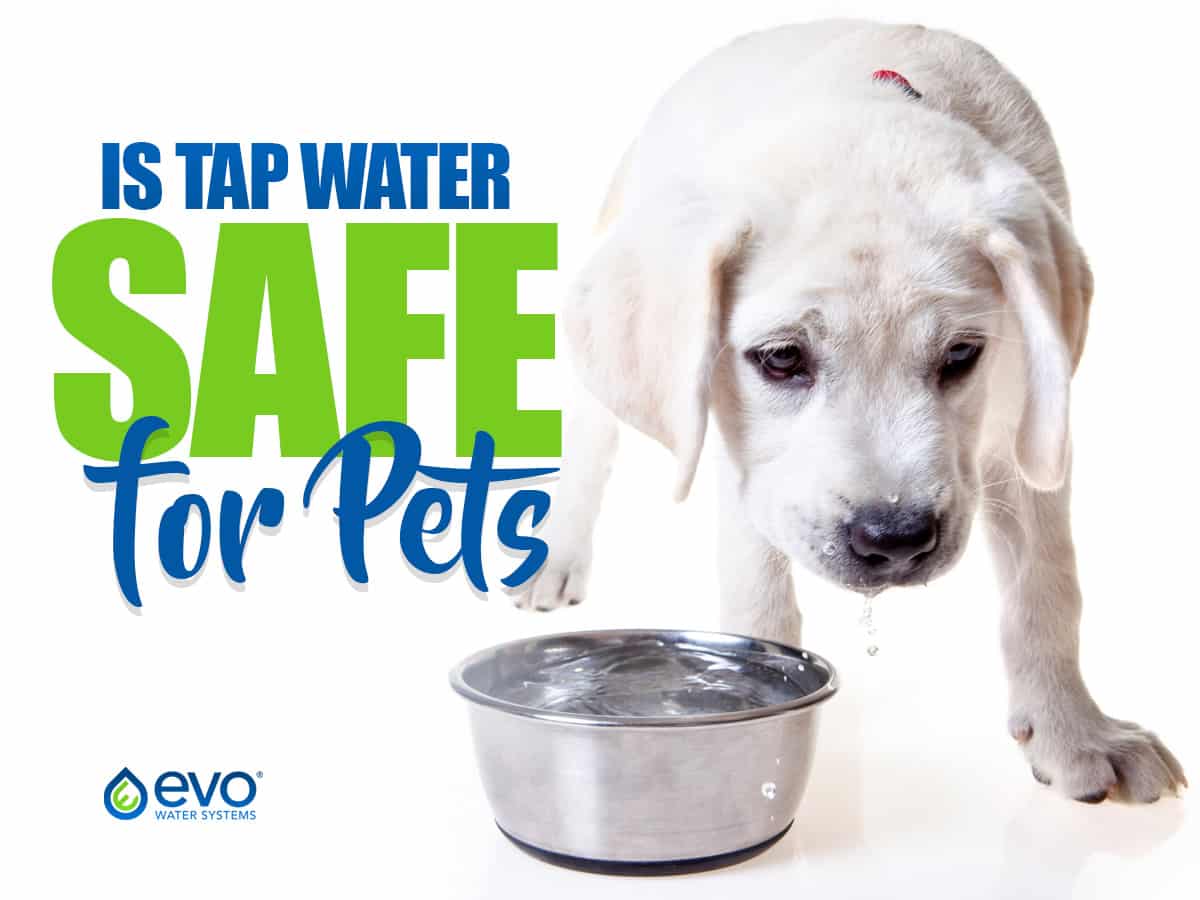
Is Tap Water Safe for Pets?
Pets provide love and companionship. They quickly become part of our family. Like other family members, they need water to survive. You may not have thought much about the water you give your pet until now. Have you ever considered whether it is safe to give your pet tap water? What about hard water? Is there a special type of water that we should be giving our pets?
Why Your Pet Needs a Good Source of Water
Like humans, pets need water to stay hydrated. A good source of water will increase your pet’s energy level and improve their blood circulation. It will also help them to maintain a consistent body temperature and recover faster from an illness. Additionally, your pet will be able to digest food and process waste better.
Is Tap Water Safe for Pets?
Experts say that tap water is generally safe for most pets. However, it is not safe for fish and other aquatic animals if it contains high concentrations of chlorine and chloramine. That is because fish absorb water directly into their bloodstream. Tap water may also contain minerals, contaminants, and toxins that could damage your pet’s health. In extreme cases, giving polluted tap water to a pet could cause sickness or even death. Additionally, hard water has been known to cause pet urinary problems.
What Other Options Are There for Your Pet’s Drinking Water?
To make sure that your pet is receiving quality drinking water, one of the first things you should do is to thoroughly clean your pet’s water bowl. The water should also be changed at least twice per day. Otherwise, bacteria may grow. Other than that, you probably want to give your pet the same water that you drink. That could be tap water, bottled water, or filtered water. If you are drinking tap water, though, you may have the same concerns about your own safety as you do for your pet.
How to Keep Your Drinking Water Safe
The best way to keep drinking water safe for yourself and for your pet is to install a whole house water filtering system. A whole house filter is also known as a point-of-entry (POE) filter, meaning that it filters your water as it enters your home rather than having individual filters scattered throughout your residence. There are many beneficial things that a whole house filter will do for you and your pets. Here are six of them:
1. Provide clean water to your entire home
Not only will you and your pets have clean drinking water, but you will also notice a huge improvement in the quality of water that you use for showers, bathing, and pet grooming. Your appliances, such as your dishwasher and clothes washer, will also reap the benefits of clean water.
2. Improve water quality and safety
A whole house filter will remove sediment, contaminants, minerals, chlorine, and other substances that could be harmful to you and your pet. It will also improve the taste, smell, and appearance of your water. Additionally, you will notice an improvement in your skin and hair and your pet’s fur without the need for a separate shower filter.
3. Save money
Americans spend more than $4 billion per year on bottled water, and it is a well-known fact that plastic bottles are harmful to the environment. With a whole house filter, though, you will no longer need to buy expensive bottled water. You will also save money because the life of your appliances and plumbing fixtures will be extended.
4. Prevent plumbing issues
A whole house water filtering system will also prevent many plumbing issues because it filters out contaminants that cause corrosion. That will also eliminate the ugly deposits and stains on your pet’s water bowl and on your dishes and water fixtures.
5. Overcome water disasters
When a disaster occurs, such as a sewer spill or water line break, your tap water can become unfit to drink and may have to be boiled. However, a whole house water filtering system will filter out sediment and pollutants and provide a safe source of drinking water.
6. Provide better-tasting coffee and tea
In addition to your tap water tasting better, your coffee and tea will also taste better. This is because tap water contains substances that can affect the taste of coffee and tea. However, a whole house filter will remove those substances and give you fresher tasting drinks.
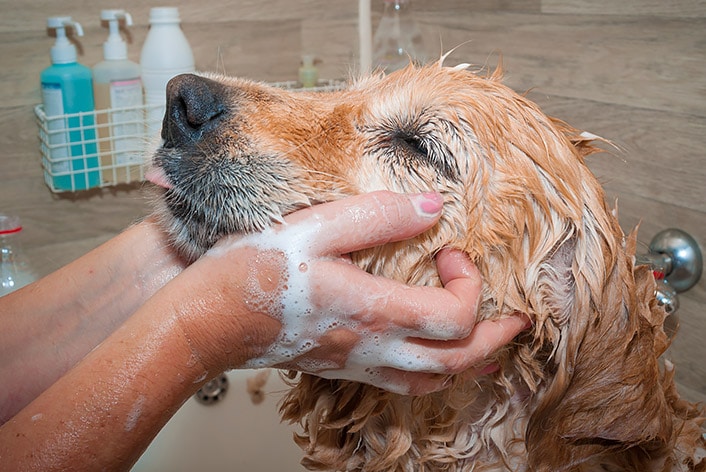
Hard Water versus Soft Water
In addition to your tap water harboring contaminants that could be harmful to your pet, you may also discover that you have hard water, meaning that it contains an excess amount of minerals. If your water is hard, you may notice some of the following conditions:
1. Odd-tasting water
Your water could taste or smell odd because it contains bacteria or an excess amount of minerals. It also may have a metallic taste. Additionally, it could taste dirty if it contains a large amount of sediment or algae.
2. Water stains
Ugly stains on your dishes, coffee pot, tea kettle, or appliances could mean that your water has an excess amount of stain-producing minerals. You may be able to remove them with vinegar and a lot of elbow grease, but they will probably just keep coming back.
3. Soap scum
Hard water produces soap scum and keeps your soap and body wash from lathering up properly. Soap scum can leave a thick, ugly residue on your bathroom fixtures.
4. Clogged pipes
Excess minerals in your water can also clog your pipes. This is especially true of shower heads.
5. Laundry problems
Hard water can also make it difficult for you to get your laundry clean. Clothes washed in hard water can look dingy, and towels can feel rough to the touch. You may find that you have to use extra laundry detergent to get your clothes clean.
6. Skin irritations
Some minerals and additives can cause skin irritations. This is partly because bathing in hard water tends to leave soap scum on a person’s skin. It could also be because of an allergic reaction to certain minerals found in hard water. Research suggests that hard water may be one cause of eczema.
7. Shortened lives of appliances
Hard water can also cause appliances to wear out faster. This is especially true for water heaters, coffee pots, dishwashers, and clothes washers. It can also be true of refrigerators with ice makers and water dispensers.
Salt-Free Water Softening
Many water softening systems use salt. The primary drawback to such systems is that they remove beneficial minerals that our bodies need for building strong bones and teeth. However, salt-free systems can achieve the same benefits without the use of salt.
Benefits of Salt-Free Water Softening
Salt-free water softening systems reduce limescale and water deposits, giving you cleaner dishes, clothes, and plumbing fixtures. Here are some other benefits:
- Uses less water than a salt system
- Costs less to operate
- Eliminates the ‘slippery’ feel produced by salt systems
- Reduces pipe clogging
- Extends appliance life
- Improves skin and hair
Summary
Your pets are part of your family, and you do everything you can to keep them healthy, including giving them safe water to drink. For your benefit as well as theirs, though, you should look into the installation of a whole house water filtering system and salt-free water softener. Contact us today, and we will be happy to show you how you can have cleaner, healthier, and better-tasting water throughout your entire home.


